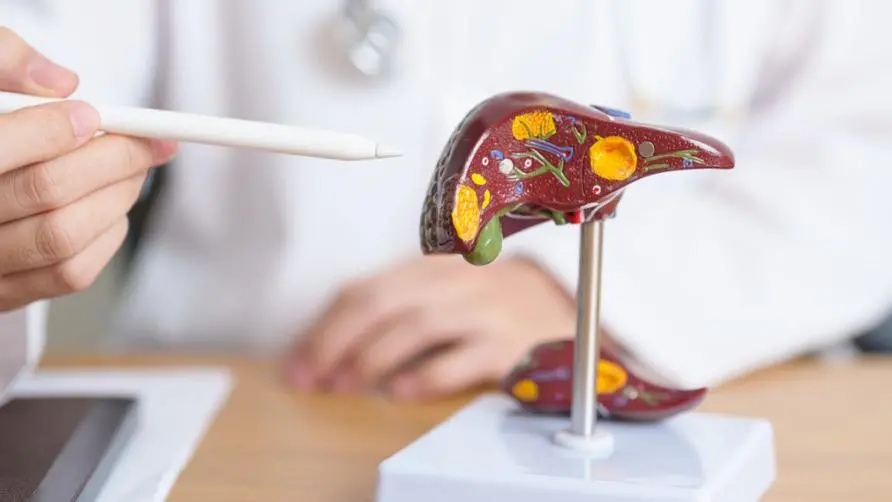How much protein should you eat after exercise? Which "diet" should you use if you want to build big muscles through ketosis, sugar reduction, and high protein?

What to eat after exercise to increase muscle mass? How to adjust your diet so as not to increase body fat?
Want to build muscles but can’t get enough? What should I eat after exercise to get enough nutrients to help increase muscle mass? An interview with a nutritionist from Manman stated that for adults who are exercising, carbohydrates should account for 50-60% of the total daily food intake (can be adjusted to 40-50% for those who want to lose fat); fat should account for about 20-30%. , protein can be increased depending on dietary conditions.
Manman nutritionists recommend nutritional supplements after exercise. The ratio of carbohydrates to protein is about 2-4 grams: 1 gram per kilogram/body weight. The simple conversion formula is that men should consume 20-30 grams of protein after exercise; women should consume 15-20 grams of protein. A good source of fat, it is recommended to eat foods based on Omega-3 fatty acids. High-fat foods should be avoided to avoid interfering with the body’s absorption of other nutrients.
Manman nutritionists remind that as middle-aged and elderly people age, their muscle mass decreases; in addition to sugars and fats, the ability to absorb vitamins, minerals, proteins and other nutrients will also decrease; when you are 40-50 years old, The decrease will be 30%-50%, so you need to pay more attention to whether you are supplementing enough protein. Healthy adults should eat 0.8-1g per kilogram/body weight; the intake of elderly people can be increased to 1.0-1.2g. In addition, the muscle growth rate of older people is slower, so it is best to increase the resistance training time to help maintain the muscle mass required by the body.
What are the most appropriate foods to eat after exercise? Which “diet” is most helpful for building muscle?
Manman nutritionists suggest that you should consume low-GI foods that are easy to digest, such as small strips of sweet potatoes, whole grain bread, and bananas, 1-2 hours before exercise. 30 minutes to 1 hour before training, it is recommended to eat mainly liquid food, such as milk or yogurt. If the exercise time exceeds 1 hour, you can moderately consume sports drinks to replenish electrolytes. Refined sugars should be avoided. During training, you should also be careful to limit drinking. The amount of fruit should not exceed 2 servings (the size of 2 fists) per day, and it is recommended to divide the intake into 2 meals.
If the goal is to exercise regularly and increase muscle mass, Manman nutritionists point out that a “high-protein diet” will be more suitable than a sugar-reducing diet or a ketogenic diet. Foreign experiments have found that if the elderly consume 1.2-1.5 grams of protein per kilogram/body weight, the “lean body tissue” and muscles in the body will be less likely to be lost. It has been shown that simply increasing protein intake can improve muscle maintenance. Therefore, if the goal is to gain muscle, healthy adults need to pay more attention to protein supplementation.
Manman nutritionist said that “sugar reduction” has been very popular in recent years, and the diet range is also wider. Sugar reduction diet refers to carbohydrate intake accounting for 10-44% of the total, and the proportion can vary greatly. People who are mildly reducing sugar can consume about 40-44% of carbohydrates every day, which is easier to implement in the long term. If you feel that you usually consume too much sugar, you can “halve” it based on your current average intake, and you can generally achieve the goal of reducing sugar.
However, Manman nutritionists remind that if you have blood sugar intolerance, have abnormal blood sugar, or suffer from diabetes, it is not recommended to actively reduce sugar to less than 20% to avoid excessive blood sugar fluctuations, which may cause hypoglycemia or emergencies. As for the ketogenic diet, it has been considered to have many side effects, including bad breath, constipation, stones, and it is also easy to increase cholesterol and low-density lipoprotein (LDL). It is not recommended for patients with chronic diseases to try it rashly.





